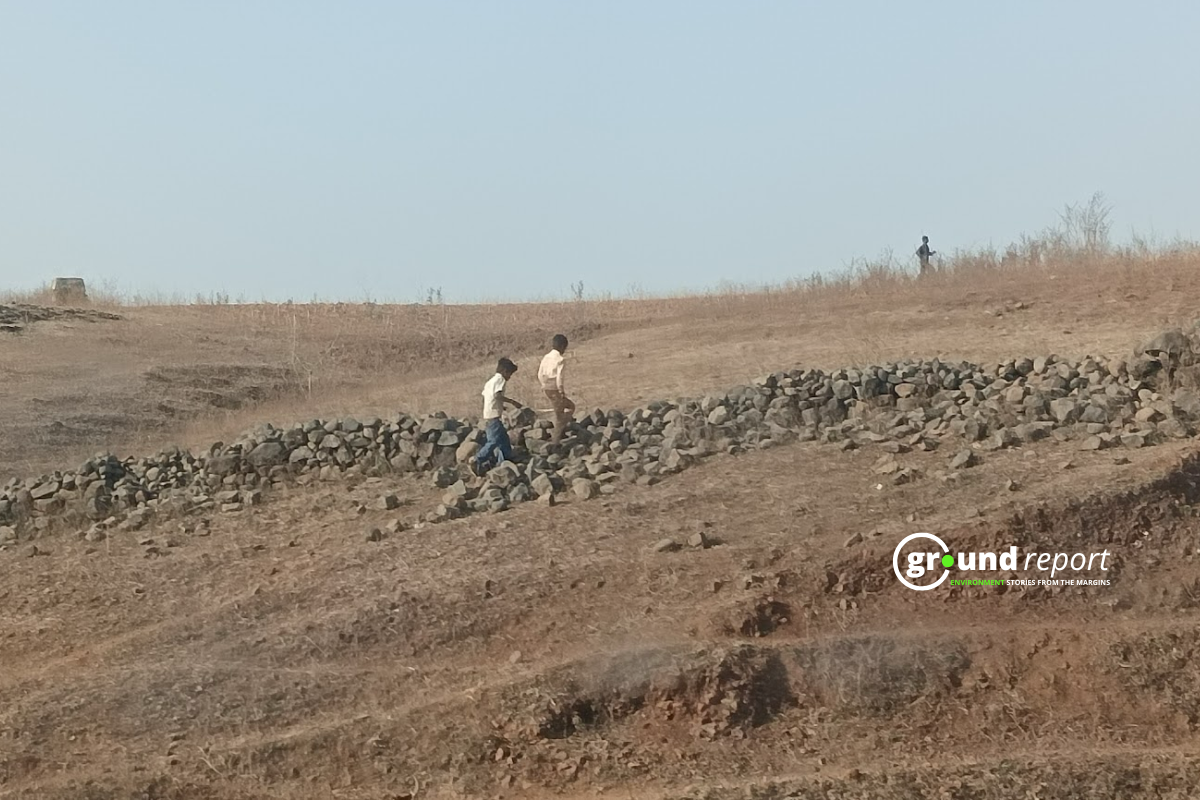In the past two decades, the world has lost 6.5 trillion tons of glacier ice, contributing to rising sea levels and threatening freshwater supplies and coastal communities. A new study in Nature provides the most comprehensive assessment of global glacier decline, highlighting an alarming acceleration in ice loss.
Glaciers lost 6.5 trillion tonnes of ice
A study by the World Glacier Monitoring Service at the University of Zurich reveals glaciers lost an estimated 273 billion tons of ice annually from 2000 to 2023. This makes them the second-largest contributor to rising sea levels, with an increase of 18 millimeters during this period. The rate of sea-level rise attributed to glacier melt was 0.75 mm per year.
The study, known as the Glacier Mass Balance Intercomparison Exercise (GlaMBIE) analyzed 233 regional assessments from 450 sources, combining ground-based and satellite observations. The findings confirm that global glacier ice loss has accelerated recently, culminating in a record-breaking 604 billion tons lost in 2023.
“People should be aware and perhaps worried that the glaciers are retreating and disappearing as predicted. The rate of loss seems to be accelerating,” said William Colgan, a glaciologist for the Geological Survey of Denmark and Greenland and one of the study’s authors.
The study highlights regional variations in glacier ice loss, with Alaska as the fastest-melting region. Glaciers there are losing about 67 billion tons of ice annually, significantly contributing to global sea-level rise.
Central Europe has seen the greatest percentage loss, with its glaciers shrinking by 39% since 2000. Colgan pointed out that the Alps are at great risk due to rising summer temperatures.
“Fifteen years ago, we focused on the Andes and Patagonia. But now, the Alps have shrunk so fast that they could disappear,” he warned.
Scientists emphasise glacier retreat is an undeniable indicator of climate change.
“Glaciers are apolitical and unbiased sentinels of climate change, and their decline indicates accelerated warming,” said Gwenn Flowers, a professor of Earth Sciences at Simon Fraser University in Canada, who was not part of the study.
Glacier shrinkage is human-caused
Similarly, University of Colorado ice scientist Ted Scambos stressed that the current glacier shrinkage is linked to human-induced climate change.
“Glaciers shrank and grew in the past for local reasons. What’s happening now is different. It’s due to greenhouse gas increases from burning coal, oil, and natural gas. No rhetoric, tweeting, or proclamation will change that,” Scambos stated.
Some regions currently benefit from extra water due to rapid glacier melt, scientists warn this will soon reach a tipping point.
Colgan noted that the U.S. West is seeing a temporary boost in water supplies from glacial melt. However, he cautioned that once these glaciers pass a critical threshold, the additional water will disappear permanently.
“If you’re losing 5.5% of global ice volume in just over 20 years, that’s not sustainable. That’s going to catch up with you,” Colgan said.
The study underscores that glaciers contribute more to sea-level rise than ice loss in Greenland or Antarctica. Only thermal expansion of warming water plays a bigger role.
IPCC urges action on emissions
The findings reinforce concerns raised by the Intergovernmental Panel on Climate Change (IPCC), which has urged urgent action to curb greenhouse gas emissions.
“Our observations and recent modelling studies indicate that glacier mass loss will continue and possibly accelerate until the end of this century,” said Samuel Nussbaumer, a glaciologist at the University of Zurich.
Researchers emphasise glaciers’ role in sustaining freshwater supplies, especially in Central Asia and the Central Andes. Without immediate climate action, the world risks severe consequences for water availability, marine ecosystems, and global sea levels.
Colgan warned that the 600 billion tonnes of glacier loss in 2023 sound incredible now but might sound normal in 10 years. “Mountain glaciers can flip into collective ice loss pretty quick.”
As glaciers melt rapidly, scientists stress urgent measures to reduce greenhouse gas emissions and slow global warming. Without intervention, the loss of these ice reserves will impact ecosystems and human societies worldwide.
Support us to keep independent environmental journalism alive in India.
Keep Reading
California Fires Live updates: destructive wildfires in history
Hollywood Hills burning video is fake and AI generated
Devastating wildfire in California: wind, dry conditions to blame?
Los Angeles Cracks Under Water Pressure
From tourist paradise to waste wasteland: Sindh River Cry for help
Follow Ground Report on X, Instagram and Facebook for environmental and underreported stories from the margins. Give us feedback on our email id greport2018@gmail.com.
Don’t forget to Subscribe to our weekly newsletter, Join our community on WhatsApp, and Follow our YouTube Channel for video stories.






